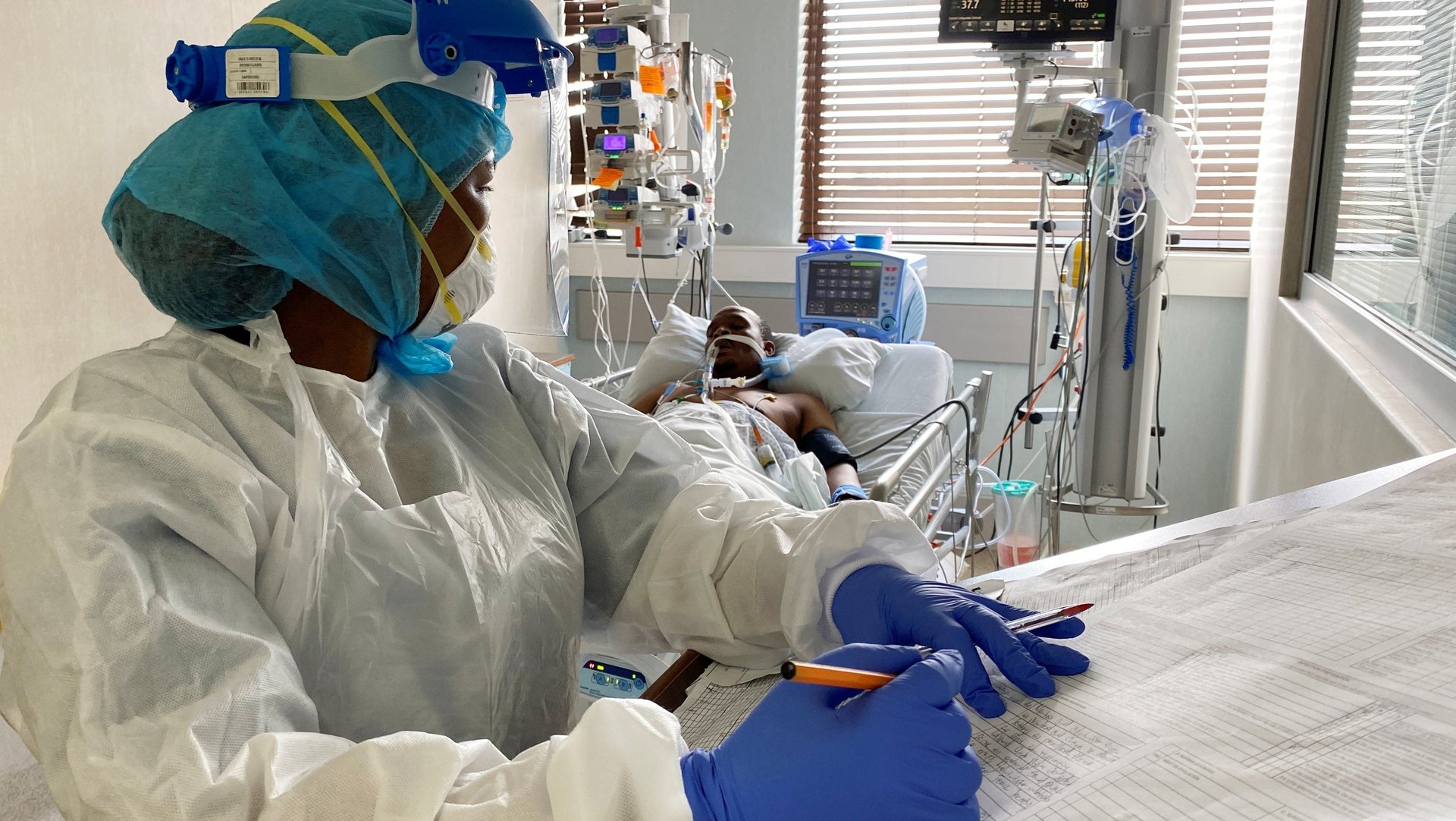African countries are turning to Russia, India, and China for Covid vaccines despite skepticism
As more African countries record the second wave of coronavirus infections, and some record novel and more infectious variants, African governments are turning toward Covid-19 vaccines produced by Russia, India, and China despite skepticism about some of these vaccines.


As more African countries record the second wave of coronavirus infections, and some record novel and more infectious variants, African governments are turning toward Covid-19 vaccines produced by Russia, India, and China despite skepticism about some of these vaccines.
With the rising second wave, most African economies will find it hard to implement a second lockdown as they are yet to recover from the one implemented during the first wave. Early mass vaccination to attain community immunity may be the only sustainable way for these countries to control the second wave.
But, as Covid-19 vaccines are currently being rolled out globally, it is becoming clear African countries will not be getting vaccine supply from the West early enough to control the second wave. So far, Africa appears not part of the supply priorities of the Pharmaceutical companies producing the foremost Covid-19 vaccines.
While Pfizer-BioNTech has offered to supply just 50 million Covid-19 vaccines to Africa starting from March to the end of this year, Moderna and AstraZeneca have not yet allocated supplies for Africa. AstraZeneca directed the African Union (AU) to negotiate with the Serum Institute of India for its vaccine to see if they can get a deal. Serum Institute of India has earlier obtained the license to produce the AstraZeneca vaccine.
Before now most African countries mainly relied on the COVAX co-financing public-private facility backed by the Bill & Melinda Gates Foundation to enable rapid and equitable access to Covid-19 vaccines for low and middle income countries.
The facility promised access to vaccines for up to 20% of participating countries’ population with an initial supply beginning in the first quarter of the year to immunize 3% of their population. However, COVAX, which secured $6 billion in pledges in 2020 for immediate vaccine delivery, says it will need at least $2 billion more in 2021 to procure and deliver doses as they come through. Whether the COVAX facility is able to deliver vaccines as promised or not, these countries must look for other avenues to access more doses to vaccinate over 50% of their population in order to reach immunity.
Since the beginning of the pandemic, several countries around the world have been making efforts to facilitate local vaccine development, clinical trials, and some had made upfront payments for vaccines to encourage early production. Outside of South Africa, most African economies have played too little or no role at all in the development of Covid-19 vaccines and had likewise made little or effort to secure vaccines while other economies around the world were doing so.
For instance, a globally respected genomic and infectious disease laboratory in Nigeria announced the development of a Covid-19 vaccine in September that is 90% effective against the virus in the preclinical trial but it has not been able to carry out clinical trials due to lack of support and funding.
While Kenya recently announced that through the COVAX facility, it ordered 24 million doses of the AstraZeneca vaccine, with supply expected to start arriving in the second week of next month, several African countries are opting for vaccines from India, Russia, and China. This is despite skepticism about the vaccines from Russia and China in particular. Both countries rolled out their vaccines without phase 3 clinical trial results that confirm the vaccine effectiveness.
South Africa said it made a deal with Serum Institute India and will be getting 1.5 million doses of AstraZeneca vaccine for its health workers starting this month. The country, which is going is also in talks with Russia and China to procure vaccines. Currently, Guinea is testing the Russian vaccine, Sputnik V and has ordered 2 million doses.
Morocco has ordered 65 million doses of the Sinopharm vaccine from China, and AstraZeneca vaccine from Serum Institute India. Egypt plans to buy 40 million doses of the Sinopharm vaccine, has already received 50,000 doses of the vaccine in December, and expecting another 50,000 in the second or third week of this month when vaccination will commence.
Nigeria says vaccine access was in its discussions this week with the Chinese foreign minister during his visit to the county.
Another challenge in the continent is the emergence of novel and more infectious variants of coronavirus. South Africa, which has been the hardest-hit country in the continent, and Nigeria, which is the most populated have reported novel variants different from the one circulating in the UK. While a lot is still unknown about the new variant in Nigeria, the South African variant is becoming the dominant variant and reportedly driving the second wave in the country.
Sign up to the Quartz Africa Weekly Brief here for news and analysis on African business, tech, and innovation in your inbox